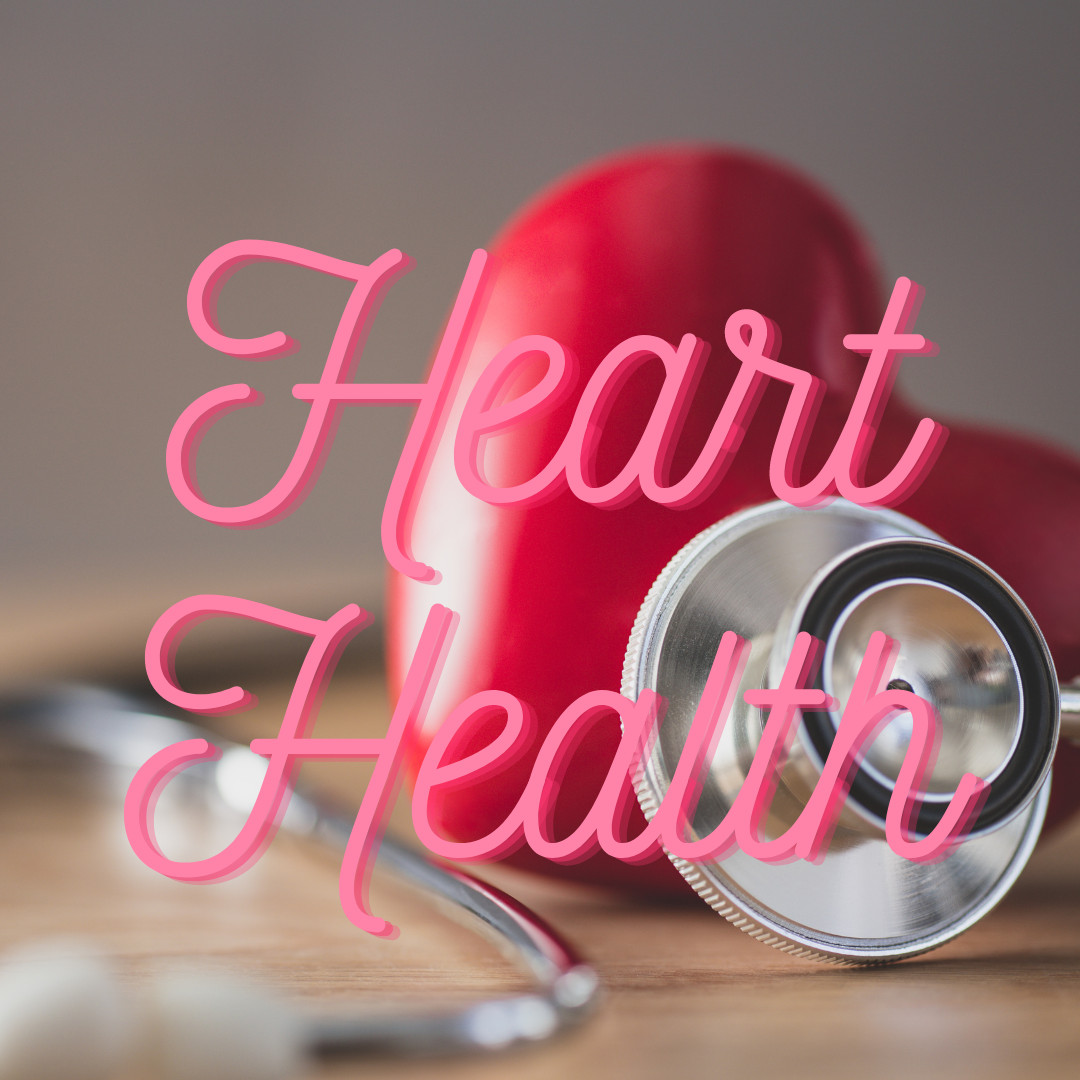If you're struggling with constipation, diarrhea, smelly gas, or a bloated belly, the problem might not be in your gut. It could be an issue with your liver.
The Liver's Vital Functions
Your liver is a remarkable organ responsible for filtering harmful toxins. Given the toxic load we encounter daily, this is a massive job. Toxins such as herbicides, heavy metals, phthalates, BPA, and parabens accumulate, potentially leading to significant health issues, including digestive distress.
Impact on Digestive Health
When toxins build up, they can disrupt your gut microbiome, causing symptoms like constipation, diarrhea, abdominal pain, smelly gas, and bloating. Traditional treatments often focus on symptoms rather than the root cause: toxic overload due to a sluggish liver.
Fatty Liver: A Hidden Problem
Fatty liver is a silent condition affecting millions. Even with normal liver lab results, fatty liver can still be present and contribute to digestive issues. Abdominal imaging scans are the most reliable way to diagnose it.
Supporting Liver Health
To improve liver health and alleviate digestive symptoms, consider these tips:
1. **Drink Filtered Water**: Reducing toxins in your drinking water can significantly lessen your toxic load.
2. **Eat More Potassium-Rich Foods**: Foods like sweet potatoes, spinach, and bananas help cleanse the liver.
3. **Avoid Inflammatory Foods**: Minimize processed foods, alcohol, caffeine, sugar, gluten, and dairy.
4. **Juice Your Veggies**: Fresh, organic vegetable juice aids detoxification and supports liver health.
By supporting your liver, you can reduce digestive discomfort, boost energy levels, and promote overall health.
Addressing liver health is crucial for improving digestive issues. Detoxifying your liver can lead to better gut health and relief from chronic digestive symptoms.







0 Comments